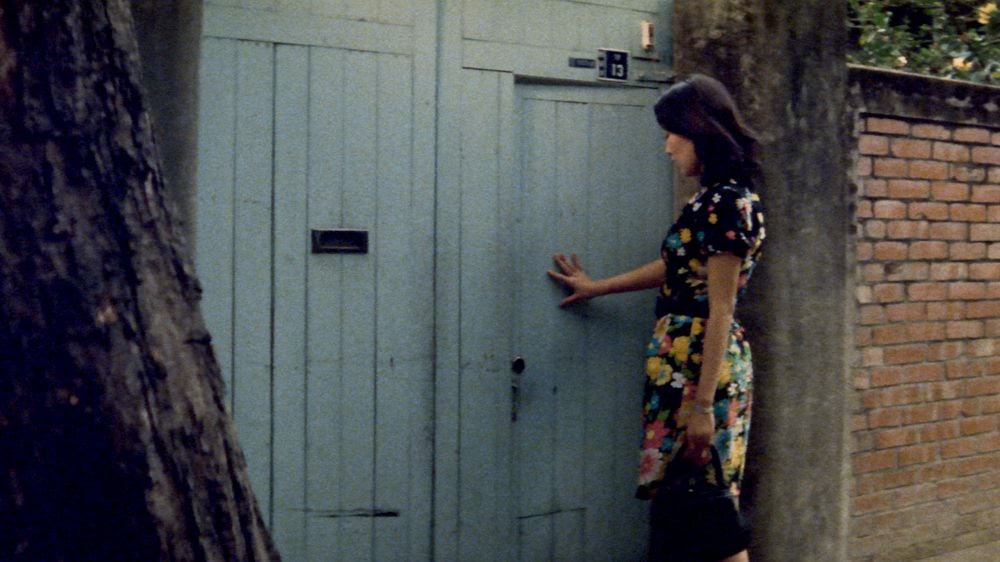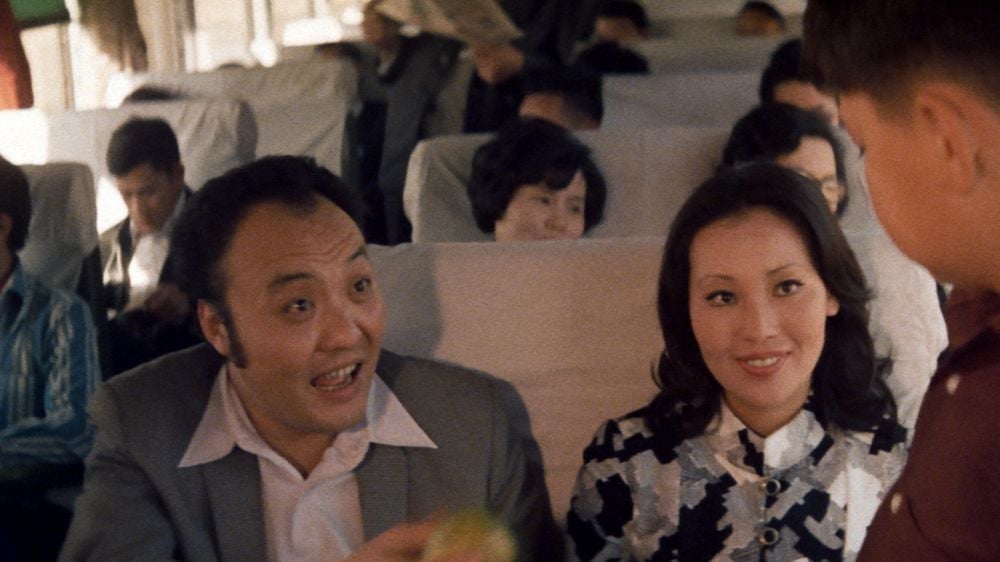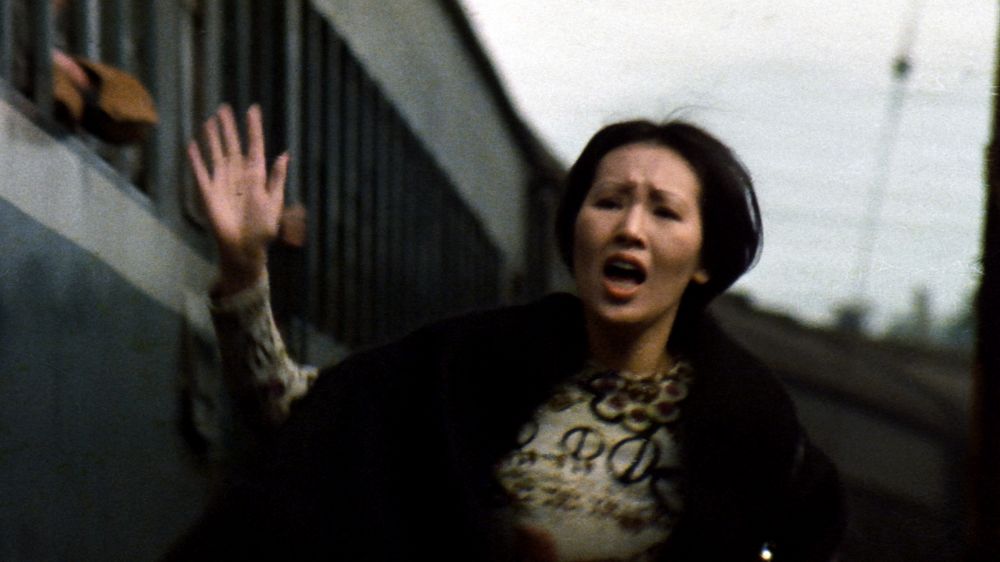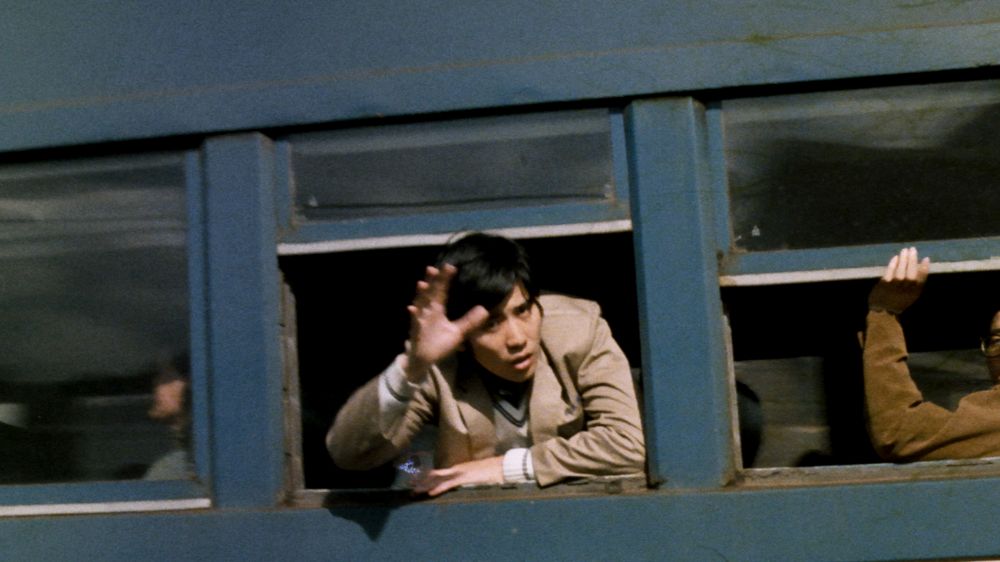Wen-ying, a young and beautiful housewife with a seriously ill husband, finds herself entangled in affairs with various men. As her husband’s condition deteriorates, Wen-ying’s sexual desire only grows more intense, and their marriage becomes a mere facade. After Wen-ying’s eldest son, Ching-mao, witnesses his mother’s infidelity and her swift remarriage to another man following his father’s death, the family disintegrates. Raised by his father’s friend, Ching-mao harbors deep-seated resentment toward his mother throughout his childhood. Despite Wen-ying’s frequent attempts to visit, Ching-mao refuses to see her. More than a decade later, as Ching-mao embarks on a journey for military training, he witnesses his mother being struck by a car while on a train. Amidst the cries and the scattered oranges, his years of resentment finally dissipate.
In the 1970s, Taiwan underwent rapid economic growth, shifting from agriculture to industry and commerce. The cities experienced significant migrations from rural areas, as entertainment boomed and social values underwent swift transformations. These societal changes were reflected in the excessive productions of Chiung Yao’s “three-hall movies” and kungfu-wuxia film sequels. However, SUNG Tsun-shou did not follow this cinematic trend, nor did he linger in the healthy realism approach of the 1960s. Instead, through the adaptation of the short story “Mother and Son” written by American-based Chinese writer Lihua, SUNG uses his keen observation to capture the contradictions between contemporary women’s sexual autonomy and motherhood, as well as the conflicts stemming from traditional family and marriage values. The “new” of this film does not lie in overturning morality and ethics of the “old”, but rather, it presents the everyday struggles of ordinary people from a humanistic perspective, leaving behind a lasting sense of contemplation.






